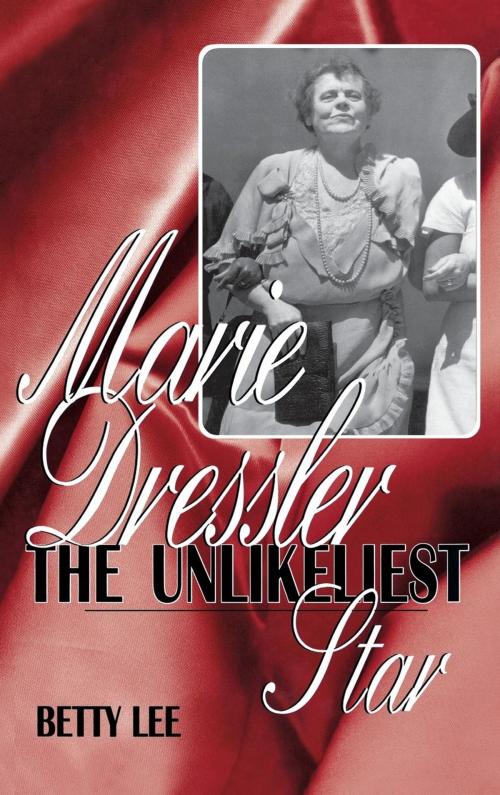Marie Dressler
The Unlikeliest Star
Nonfiction, Entertainment, Film, History & Criticism, Performing Arts, Biography & Memoir, Entertainment & Performing Arts| Author: | Betty Lee | ISBN: | 9780813145723 |
| Publisher: | The University Press of Kentucky | Publication: | December 6, 2013 |
| Imprint: | The University Press of Kentucky | Language: | English |
| Author: | Betty Lee |
| ISBN: | 9780813145723 |
| Publisher: | The University Press of Kentucky |
| Publication: | December 6, 2013 |
| Imprint: | The University Press of Kentucky |
| Language: | English |
" She was homely, overweight, and over the hill, but there was a time when Marie Dressler outdrew such cinema sex symbols as Garbo, Dietrich, and Harlow. To movie audiences suffering the hardships of the Great Depression, she was Everywoman, and in the early 1930s her charming mixture of pathos and comedy packed movie theaters everywhere. In the early days of the century, Dressler was constantly in the headlines. She took up the cause of the "ponies" in the chorus lines, earning them better pay and benefits. She played in productions organized to raise money for the women's suffrage movement. And during World War I she claimed she sold more liberty bonds than any other individual in the United States. Dressler was an astute observer of public mood and taste. When she was lucky enough to find work in the newly minted Hollywood talkies, she grabbed the brass ring with fierce enthusiasm, even making three films in the year before her death, when she was so sick she had to rest between scenes on a sofa just out of camera range. The two-hundred-pound actress's remarkable stage presence captivated audiences even though her roles were not Hollywood beauties. She played tough, practical characters such as the old wharf rat in Anna Christie (1930), the waterfront innkeeper in Min and Bill (1931) -- for which she won the Academy Award for best actress -- the aging housekeeper in Emma (1932), and the title role in Tugboat Annie (1933). She spoke honestly to her audiences, and troubled people in the comforting darkness of the Depression-era movie theaters embraced her as one of themselves.
" She was homely, overweight, and over the hill, but there was a time when Marie Dressler outdrew such cinema sex symbols as Garbo, Dietrich, and Harlow. To movie audiences suffering the hardships of the Great Depression, she was Everywoman, and in the early 1930s her charming mixture of pathos and comedy packed movie theaters everywhere. In the early days of the century, Dressler was constantly in the headlines. She took up the cause of the "ponies" in the chorus lines, earning them better pay and benefits. She played in productions organized to raise money for the women's suffrage movement. And during World War I she claimed she sold more liberty bonds than any other individual in the United States. Dressler was an astute observer of public mood and taste. When she was lucky enough to find work in the newly minted Hollywood talkies, she grabbed the brass ring with fierce enthusiasm, even making three films in the year before her death, when she was so sick she had to rest between scenes on a sofa just out of camera range. The two-hundred-pound actress's remarkable stage presence captivated audiences even though her roles were not Hollywood beauties. She played tough, practical characters such as the old wharf rat in Anna Christie (1930), the waterfront innkeeper in Min and Bill (1931) -- for which she won the Academy Award for best actress -- the aging housekeeper in Emma (1932), and the title role in Tugboat Annie (1933). She spoke honestly to her audiences, and troubled people in the comforting darkness of the Depression-era movie theaters embraced her as one of themselves.















